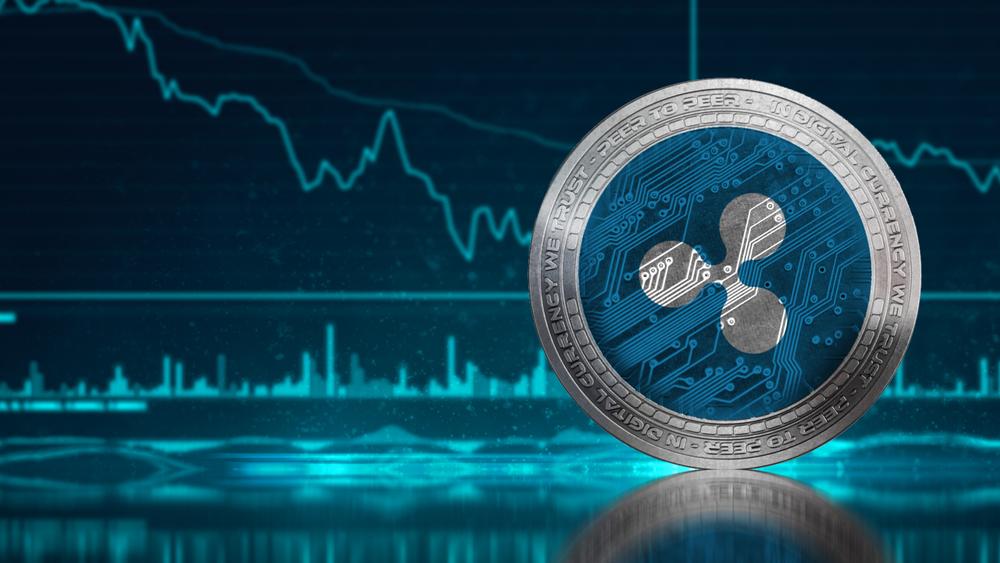The company Ripple, one of the most famous companies specializing in cryptocurrencies, is currently entering the NFT market.
The NFT market is flourishing. In May 2021, the sales of the NFT market were over $2 billion. At the same time, the cryptocurrency market has taken a hit following concerns about the sustainability of the crypto mining business.
Ripple participated in the recently completed $13 million first round of funding (Series A) for NFT’s mining and sales platform, Mintable. The high-tech company announced its partnership with the NFT marketplace. With plans to bring NFTs to Ripple’s blockchain, XRP Ledger (XRPL).
Mintable currently runs on Ethereum, the most popular platform for building NFT ecosystems. Ripple’s move to XRPL aims to provide a smooth and optimized experience for NFT creators and collectors. Ethereum’s platform is highly evolved and widely used, with its massive applications. This often leads to network congestion and consequently high gas (transaction) fees. These exorbitant fees make it undesirable to mine and sell NFTs on a large scale. And Ripple seeks to offer an alternative.
The network you have access to if you want to buy Ripple is very powerful. In addition to fast transfer speeds and low costs, the company is developing tools that are perfectly suited to its ecosystem, such as XRPL.
XRPL features the Federated Consensus model to facilitate low-cost transactions, which should encourage NFT creators and collectors to abandon Ethereum. Ripple promises to offer a mining solution with fees as low as $0.0004 on its XRPL. This, once integrated with Mintable, could be a defining upgrade for users, who are currently burdened by transaction costs.
Mintable will also rely on the decentralized exchange (DEX) built into XRPL. This will facilitate the peer-to-peer transfer of these unique digital tokens on their platform. This is indeed the power of decentralized exchanges. These exchanges connect different addresses directly. This avoids the problems of centralization of wealth, like traditional exchanges that resemble banks. Moreover, this decentralization, the very root of the crypto-currency mentality, can make exchanges more fluid and faster.


